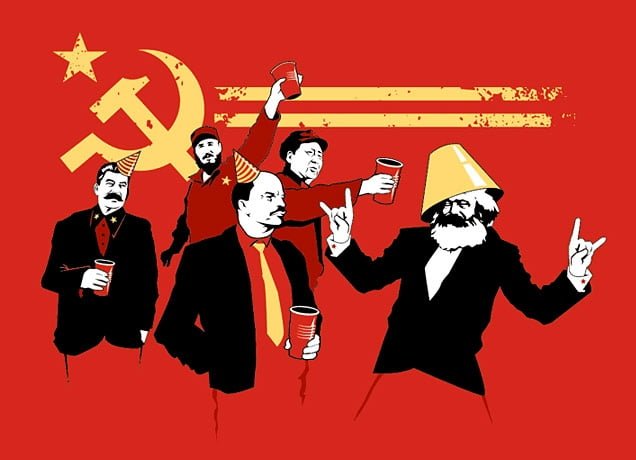
The Party is On
The Cuban Communist Party will be holding its VII Party Congress in April, 2016. This comes amidst one of the worst economic conditions in half a century. Cuban export prices of nickel and sugar are at depression levels. Venezuela is reducing its exports of petroleum to the island. Tobacco growing is going thru a major crisis. Brazil and Venezuela seem less and less capable of paying for Cuban doctors, the most important export item of the Cuban economy. Cuba’s crumbling infrastructure requires billions to maintain and repair years of neglect. While tourism and remittances have increased significantly, they are not enough to deal with Cuba’s mounting economic problems and the growing impoverishment of its population.
These daunting problems will challenge an intransigent leadership unwilling to open and modernize the country. The Party, the leading force in the country, is a rubber stamp group supporting and approving the rulings of its Politburo. The 14 members of the Politburo (8 military and 6 civilians) led by General Raul Castro, is where the real power resides in Cuba. They are adamant about not opening the political process and continue to cling to a centralized planned economy, a model that failed in Eastern Europe and has failed in Cuba.
What to expect?
1. No political changes with continued repression.
2. The redefinition of the economic model along centralized planning with decentralized implementation.
3. The reduction in state subsidies and payrolls; minor steps allowing limited, private enterprises and more measures to attract foreign investment.
4. The retirement of older and the promotion of younger leaders that would guarantee a smooth and orderly succession once the original leadership disappears.
5. Two leaders, in particular, will be highlighted as guarantors of the continuity of the regime. General Alberto López-Callejas, General Raul Castro’s son-in-law and head of GAESA, the largest conglomerate of state businesses in the island, and Alejandro Castro Espin, Gen. Raul Castro’s son and currently a colonel in charge of coordinating the military and intelligence services in the country.
6. Gen. Raul Castro, which has promised to step down from Cuba’s presidency in 2018, most likely will be reelected as Secretary General of the Party, thus assuring that he will remain at the helm of the Party and the military; thus guaranteeing the continuity of the system. The appointed next president Miguel Díaz-Canel will be confirmed as a ceremonial figure.
The Cubans will watch in bewilderment and disappointment understanding that the tough times are not about to go away anytime soon. Disillusionment will increase as more people migrate.
